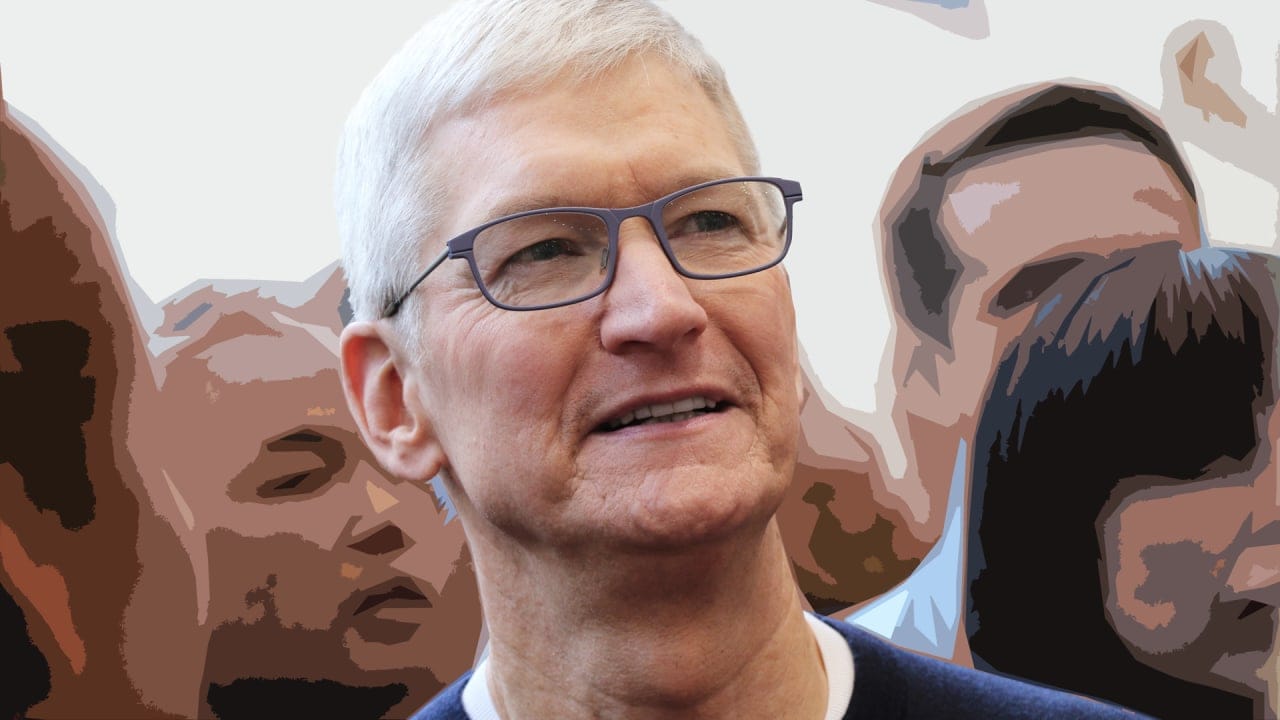Tim Cook, the CEO of Apple, recently addressed the pressing issue of tariffs and their potential repercussions on the technology sector during a global conference. Emphasizing the importance of open trade, Cook candidly pointed out how existing tariffs may hinder the advancements and competitive edge of companies like Apple. This assertion has raised concerns among industry analysts and market observers regarding the broader implications for technology innovation, consumer pricing, and global supply chain dynamics.
In his remarks, Cook referenced how tariffs create additional costs for companies that ultimately trickle down to consumers. For a company like Apple, known for its premium pricing strategy, the impact of increased costs could be particularly pronounced. Cook stated, “When we look at the supply chain, it’s not only about where we manufacture, but also about the components that come from around the world. Tariffs disrupt that flow and can lead to price increases that consumers will feel.”
This straightforward message from Apple’s leader reflects a growing apprehension in the business community over the complexities of international trade relations. Apple, whose products are globally integrated, sources a variety of components from multiple countries. Any increase in tariffs on these imported goods would force the company to re-evaluate its pricing strategies, potentially making its devices less accessible to consumers.
The discussion around tariffs gained traction as several countries engaged in trade disputes that have introduced new levies on imports. These tariffs not only impose additional costs on businesses but also lead to uncertainties in market conditions. Cook’s comments serve as a reminder that the effects of these tariffs extend beyond just corporate balance sheets and echo through the economy by influencing consumer behavior.
Moreover, Cook highlighted the potential implications for innovation within the technology sector. Tariffs can create a stifling effect on research and development, particularly for companies that rely on diverse, global supply chains for parts and materials. By increasing operational costs, companies might find it challenging to invest in new technologies or to refine existing products, which could dampen progress across the industry. Cook remarked that such an environment could lead to a slowdown in technological advancements, which has historically been a key driver of economic growth.
The sentiments expressed by Cook are corroborated by various industry reports and studies, which indicate that prolonged tariffs can lead to reduced competitiveness for companies that operate on a global scale. As a leader in innovation, Apple holds a unique position where the reverberations of increased costs can have substantial effects on its market standing and on consumer choice.
In addition to the financial implications, Cook touched upon the human element of these trade policies. He argued that tariffs can disrupt relationships with international partners and suppliers. Apple’s reliance on foreign manufacturers for critical components has been a part of its business model for years, and any strain on these relationships could jeopardize the quality and availability of products that consumers have come to expect from the tech giant.
The CEO’s remarks come at a time when policymakers are grappling with the complexity of balancing national interests with the benefits of global trade. The technology sector, in particular, has been vocal about the need for a streamlined approach to trade that fosters collaboration and innovation rather than conflict. Cook’s perspective aligns with calls from other industry leaders advocating for fair and open trade policies to support economic mobility and growth.
While tariffs are a point of contention in the halls of power, industry leaders like Cook are urging for a practical approach that emphasizes dialogue and resolution. The goal is to create a robust framework that enhances trade relationships while safeguarding national interests. By championing this message, Cook not only emphasizes the stakes for Apple but also for the wider tech community that thrives on global cooperation.
In conclusion, Tim Cook’s candid observations on the potential impact of tariffs underscore the intricate relationship between trade policy and the health of the technology sector. As the landscape of international trade continues to evolve, the messages from leaders like Cook will play a crucial role in shaping dialogue and policymaking. The effects of tariffs extend beyond mere economic metrics; they impact innovation, consumer choice, and the fundamental dynamics of global trade. The pressing question remains: how will policymakers respond to these challenges, and what strategies will they implement to foster an environment conducive to growth and innovation in the face of evolving trade relations?



